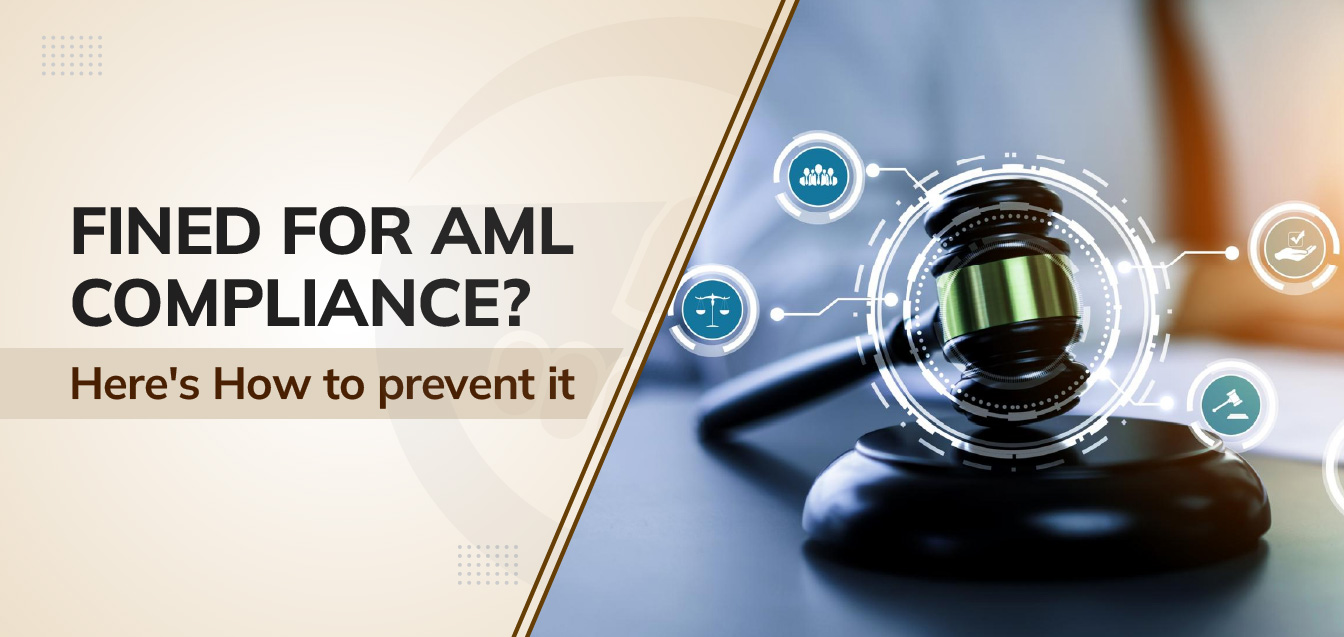The Role of AML Delegation in Ensuring Compliance in the UAE
The United Arab Emirates (UAE) is a leading hub for international trade, finance, and investment. With a booming economy, the UAE has taken significant steps to not only strengthen its financial position but also implement stringent regulations to safeguard its economy from illegal activities like money laundering, terrorist financing and proliferation financing. The Federal Decree-Law No. (20) of 2018 (the “AML-CFT Law”) was implemented by the UAE to combat Anti-Money laundering and counter-terrorism financing (AML-CFT). The Financial Institutions (FIs), Designated Non-Financial Businesses and Professionals (DNFBPs), and Virtual Asset Service Providers (VASPs) in the UAE are required to develop an effective AML-CFT-CPF framework to identify threats and mitigate risks. These businesses are required to comply with UAE AML-CFT-CPF laws, which include risk assessment, customer due diligence, transaction monitoring, compliance assessment, and suspicious transactions reporting (SAR/STR). Navigating the intricate set of Anti-Money laundering regulations requires expert assistance from seasoned professionals who are well-versed in this framework. Therefore, the role of AML compliance officers is vital and cannot be overlooked.
Anti-money laundering (AML) in the UAE refers to the set of laws, regulations, and guidelines implemented to prevent, detect and report suspicious transactions. These UAE compliance and regulatory requirements are aligned with the international standards of Anti-Money laundering, such as the Financial Action Task Force (FATF).
AML in the UAE
The UAE enforces a strong legal framework to fight money laundering, terrorist financing, and proliferation financing:
• Federal Decree-Law No. 20 of 2018: Defines money laundering and sets punishable offenses.
• Cabinet Decision No. 10 of 2019: Requires financial institutions, DNFBPs, and others to conduct due diligence and report suspicious activities.
• UAE Central Bank Guidelines: . The Anti-Money Laundering Department (AMLD) within the Central Bank is responsible for overseeing and enforcing these regulations for Financial Institutions. It mandates compliance with AML laws, targeting on KYC, transaction monitoring, and suspicious activity reporting.
• Ministry of Economy AML Guidelines: Targets DNFBPs like real estate brokers and accountants and legal consultants requiring risk-based due diligence and suspicious transaction reporting.
Role of AML Compliance Professionals
• Detect criminal transactions
Identify transactions linked to any crime as defined in Article 1 of the AML-CFT Decision.
• Review of existing policies and procedures and Assess internal controls
AML compliance officers examine the internal AML policy & procedures for AML compliance UAE and their commitment to adherence to the AML Compliance framework. They can also suggest areas for improvement where updates and development are required. Additionally, they are responsible for preparing semi-annual reports for senior management.
• Review of Records and evaluate transactions
Analyse records, gather information on suspicious transactions, and decide whether to report to the FIU or retain transaction confidentiality by keeping documented justification.
• Conducting training
Compliance officers play a vital role in conducting training and development programs for LF employees to combat money laundering, terrorism & proliferation financing, and financing of illegal organizations.
• Collaborating with authorities
Compliance officers are also responsible for collaborating with the supervisory authority and FIU by providing the requested data and allowing access to relevant records and documents to their authorized employees in order to support their duties.
Importance of assigning AML roles to compliance:
• Mitigating Financial Crime Risks
By assigning responsibilities to specific individuals or departments, organizations can seamlessly monitor and track financial transactions, identify suspicious by scanning the list of provided Red Flags and respond to potential threats. This helps in mitigating financial crime risks through a proactive approach.
• Ensuring Effective Oversight
With dedicated AML Compliance officers, effective oversight is maintained to ensure adherence to the AML laws UAE. Delegation ensures that there is always a dedicated and competent individual or team overseeing AML compliance. It allows for more focused oversight and ensures that the organization is not merely relying on general policies but is actively managing and enforcing them. This also leads to better audit trails and improved reporting systems.
• Expertise and Knowledge of AML Regulations
The unmatched knowledge and expertise held by the compliance officers constitute one of the primary reasons for delegating AML tasks to them. The UAE maintains a robust and dynamic framework for combating financial crimes like Anti-Money Laundering, terrorism financing, and proliferation financing. With a deeper understanding of these constantly changing regulations, compliance officers effectively interpret and implement them in their organization, aligning the organization with both local and international standards.
• Accountability and Internal Controls
A dedicated compliance department to oversee the AML operations regulates compliance by maintaining a robust framework for internal audits and checks. It also ensures a clear line of accountability and effective implementation of internal controls and reporting on potential breaches. Non-compliance to AML rules and regulations can have a serious consequence, and hence the role of a compliance team is crucial.
• Centralized Reporting and Coordination
Compliance with the AML laws and regulations requires the coordination of multiple departments and individuals. A designated compliance department facilitates this process by providing centralized reporting and management of AML activities, thereby ensuring that all AML-related tasks are handled consistently and efficiently. It also reduces the chances of errors and enables clear communication.
Enhance AML compliance with the expert assistance of AMCA

AMCA upholds over a decade of experience in guiding businesses to ensure compliance with Anti-Money Laundering regulations UAE and safeguarding financial integrity. The expert professionals at AMCA help businesses enhance internal controls and develop policies and procedures to detect and combat money laundering. The AML compliance solutions and AML audit UAE are services offered by AMCA that will guide you seamlessly in conducting customer diligence and identifying and reporting suspicious transactions.
Safeguard your business against money laundering & enhance compliance with AMCA!
Contact us now for a free consultation: +971 4 321 1204




